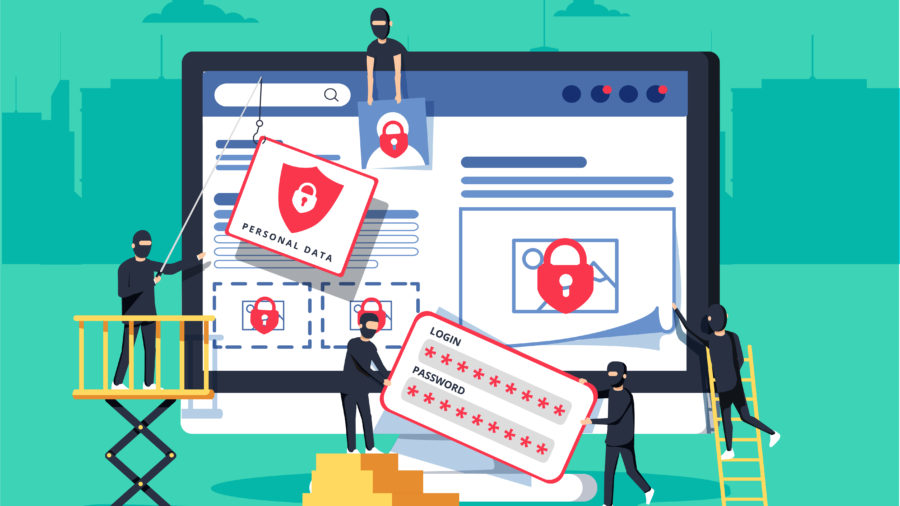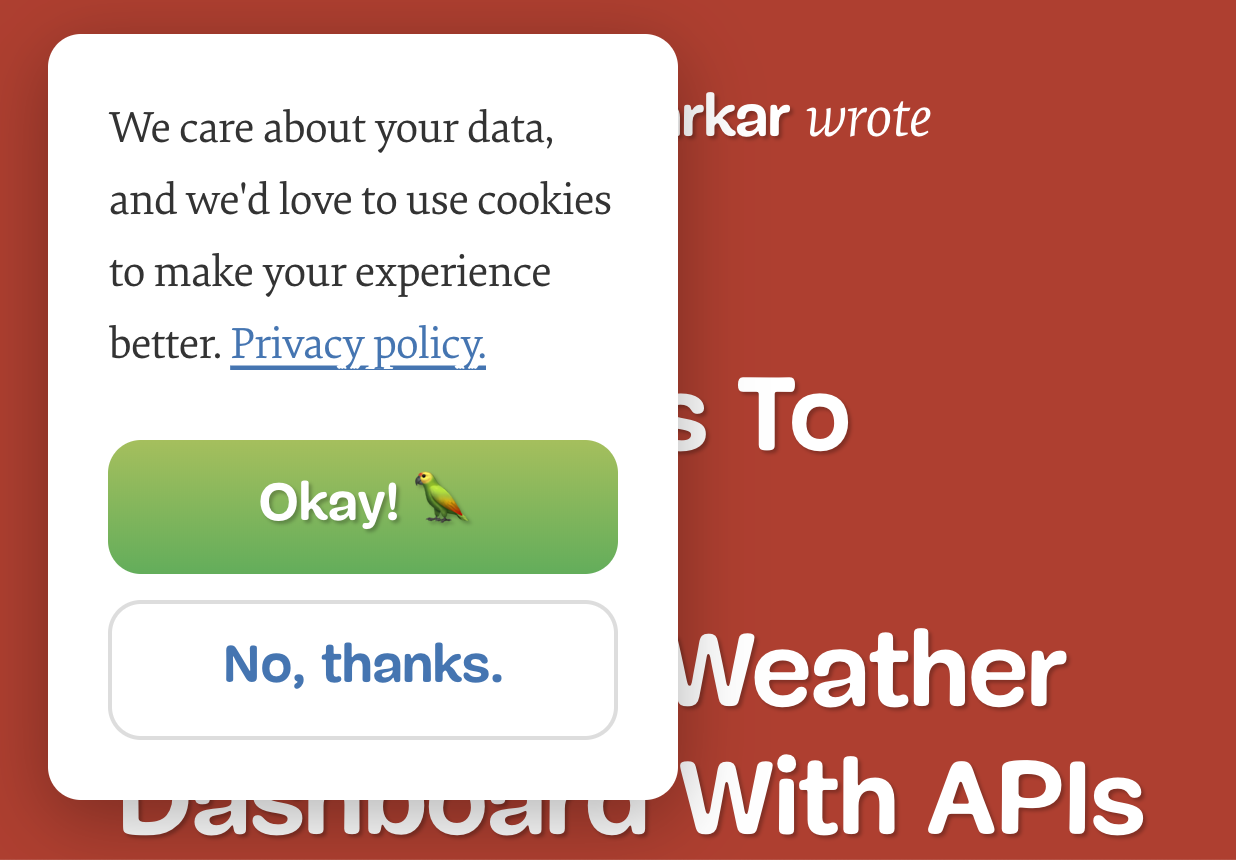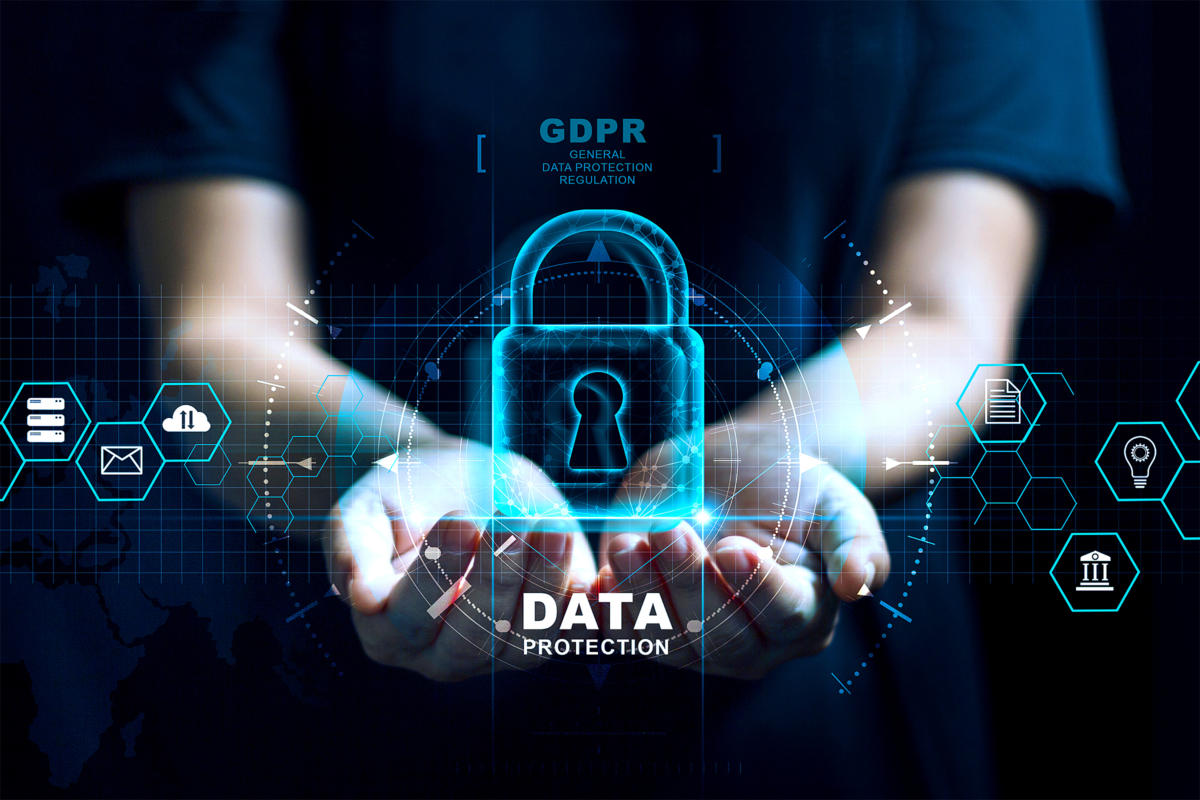Table of Contents
Why is Data Privacy Important for an Organization?
Before COVID-19 coronavirus took over the news-press, data privacy was one of the major and critical topics of concern. Like any other societal trend, data privacy seems to work like a pendulum. It swings to and fro, hitting an apex and then swinging in the opposite direction with increasing speed. Data privacy is a matter of bigger issues, it emphasizes building trust and loyalty in users.
Massive data breaches like “Collection #1” exposed the data records of around 773 million users to the world of cybercriminals. There are various other data breaches that have made headlines for exploiting data records of organizations that were categorized under the Fortune 100 companies. Last year in 2019, the French National Data Protection Commission imposed a fine of $57 million on a renowned US-based multinational technology company for privacy violations under the GDPR!
Today, technology has evolved to such an extent that it takes only mere seconds of social media to spread the news of data privacy violations up in every corner of the world. And the news travels so fast and far that it quickly tarnishes the reputation of a company for its failure in securing user’s data. This is why it is essential for organizations to protect their integrity and strengthen their customer’s trust by keeping data privacy as the top priority.
Many users are still oblivious of the fact that data privacy is a fundamental right for every one of us and even a mere violation of that fundamental right can lead to a massive data breach. You will never know what a data breach is capable of doing to an organization unless you see news headlines pointing out the big organizations’ names. The names of acclaimed organizations with heavy fines imposed on them for disregarding data privacy laws.

Your organization’s data privacy can become a cause of data breach if not secured rightly!
The Current Key Challenges in Data Privacy
According to BroadBrandNow, in 1995, only 1% of the world had internet access. Whereas today, that number has reached up to 57% with over 4 billion users of the internet worldwide. Now imagine the amount of data these 4 billion users have on the online platform! Moreover, what doesn’t help is the fact that every 2 seconds there is always a new victim of identity theft.
In a data breaches survey report, it was found that up to 33% of data breaches were recorded in 2018 with a total of 7.9 billion data records exposed. Whereas, not less than 10 months, the research firm labeled 2019 the “worst year on record” for the most data breach incidents. With companies experiencing crippling security breaches, the wave of compromised data is also on the rise.
Here are some recent statistics related to data breaches:
- About 4.1 billion records were exposed in data breaches in the first half of 2019.
- $3.92 million was the average cost of a data breach as of 2019.
- The healthcare industry had the highest cost of the data breach at @429 per record.
- Data breaches involve 34% of internal actors.
- The average cost of a data breach is $6.3 million in companies with over 50k compromised records.
- In 2020, the average cost of a data breach is expected to exceed $150 million.
- 70 million data records were stolen or leaked in 2018 because of a poorly configured AWS S3 Cloud storage bucket.
- Yahoo holds the largest record of data breaches of all time with 3 billion compromised accounts.
- It took an average of 314 days in a data breach lifecycle of a malicious criminal attack in 2019.
- As per a survey by a security research firm, 24% of data breaches are caused by human errors.
Apart from these statistics, here are the major key challenges that are being faced by organizations related to data privacy today:
- Small businesses are increasingly at high risk of data breaches.
- Third-party breaches have become common in the cyber world.
- A simple user holds a 27.9% chance of experiencing a data breach which could affect at least 10,000 records!
- The financial sector accounts for about 14% of all data breaches.
- As per expert security research analysis, in 2020, almost 25% of enterprises would succumb to data breaches through IoT devices.
How to Conquer the Risks in Data Privacy?
This modern interconnected world might leave organizations vulnerable to the threats growing from instances of cybercrimes. With new cyber threats emerging every day, the risk of data being unsecure online is becoming more dangerous than ever for every organization.
Many large companies have fallen victim to such cybercrime schemes and have lost a good amount of revenue on lawsuits in recovering their losses. Thus, it is highly crucial to set permissions on files and dispose of stale data. For the protection and security of data, more severe consequences are being enforced as strict legislation is being passed in every region across the globe. Companies should take note of enacting and implementing data privacy rules and regulations to users and their private information.
It is advisory to implement better controls over organizations’ access and right to store the data of their users. Keeping proper data classification and governance adequately is highly beneficial in maintaining compliance management with data privacy laws like GDPR, HIPAA, ISO 27001, PCI DSS, and more. Besides this, the government of India has also proposed groundbreaking data privacy laws in India akin to Europe’s GDPR.
As per the data privacy law, technology companies in India will require to get consent from citizens prior to collecting and processing their personal information. It is essentially required to be enacted as any personal data that is sensitive for someone, could be further maliciously used by anyone with vicious intent. The personal information could be any of the following types of data privacy categories:

Would you give away your data privacy this easily?
- Online Privacy: Personal data of the user that is handed over during online interaction.
- Financial Privacy: Financial information or record shared online or offline can be used for fraudulent practices.
- Medical Privacy: Confidential details of medical treatment or history of privileged information should not be disclosed to a third party.
- Residential Privacy Records: Sharing of addresses online can lead to the potential risk of unauthorized access.
In order to protect such kinds of data from being hacked or misused, it is important to follow the best practices possible. Here are some guidelines to help in ensuring data privacy in an organization:
- Set a formal procedure in place to handle access requests to personal data.
- Have a habit of keeping minimal data collection and storage.
- Do not hand over your credentials to any third-party website.
- Implement strong data security policies and laws for privacy purposes.
- Leave no space for vulnerabilities in the network and IT infrastructure.
- Educate employees on security and privacy issues for creating a cyber-secure working environment.
- Enforce strong password usage to stop hackers from getting unauthorized access to your systems.
For any organization, data is recognized as a crucial corporate asset that needs to be safeguarded. By following these above-stated guidelines, any organization can have strong data security to mitigate the loss of information which directly leads to financial losses.
What are your opinions on data privacy in this current scenario?
Let us know by commenting below!
Thank you for giving your valuable time to read this blog. Hope you had a good read!









Leave a comment
Your email address will not be published. Required fields are marked *